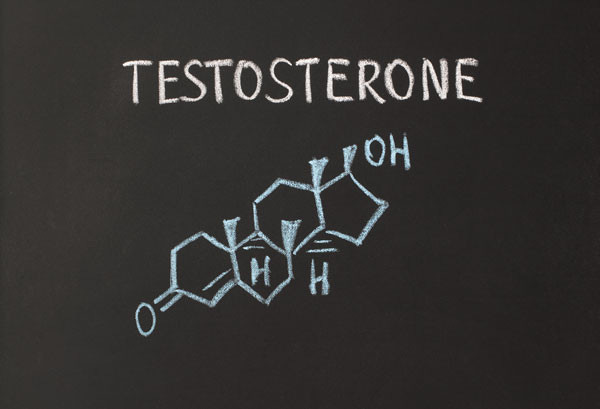My latest in UnHerd, on exceptionalism in reporting on testosterone’s risks:
A new article in the Guardian cautions that testosterone prescriptions for women experiencing the menopause are spiralling “out of control”, with “long-term implications” for female health. Experts even go so far as to warn about the influence of “testosterone evangelists” on social media who exalt the drug’s life-changing benefits.
Dr Paula Briggs, a sexual and reproductive health consultant and chair of the British Menopause Society, told reporters that “people are being led to believe that they must have this. But we have no idea what long-term testosterone supplementation does to women.” Dr Briggs drew parallels to the potentially fatal risks of steroid use among male bodybuilders, pointing to unknown risks to the arteries and hearts of women who may end up with “supra-physiological” levels of the hormone in their bodies.
The article enlists the expertise of medical specialists with a range of opinions on the treatment at hand, and ultimately emphasises the need for caution in the face of known and unknown risks. In other words, it represents typical health reporting. But the subject — testosterone use among females — draws attention to the reckless exceptionalism that defines gender medicine and which has deformed reporting on this issue. The balance of perspectives and caution applied here, regarding the use of small doses of testosterone in middle-aged women over a short period of time, is absent from most reporting on gender medicine, which involves the use of high (one might even say “supra-physiological”) doses of testosterone in adolescent and young adult females over long periods of time.
Testosterone is a controlled substance for a reason: the drug’s risks are substantial. The Mayo Clinic warns middle-aged men considering testosterone replacement therapy to weigh the risks carefully, and discourages unrealistic expectations among those seeking such treatments. “Although some men believe they feel younger and more vigorous if they take testosterone medications,” a report reads, “there’s little evidence to support the use of testosterone in otherwise healthy men.” On the subject of testosterone supplementation during menopause, the clinic notes that “[m]ore studies are needed to understand the risks associated with use of testosterone over the long term in women.” Harvard Medical School encourages patients to “consider alternatives before boosting your hormones indefinitely”.





I was offered testosterone for menopause issues. I was horrified. I had the distinct impression that the young woman medical provider considered it a cool idea. She explained that some of her patients “really benefited.”
I keep thinking about Bob Ostertag’s book and the cycles of overselling exogenous hormones as cure-alls when there is still so much we don’t know about them.
This reporting reminds me of articles (like the NYT below) where the journalist report on the trend of teens self-diagnosing mental illnesses based off of TikTok videos and the dangers that come with that without ever mentioning the spike in teens identifying as trans or the ROGD phenomenon. Are the journalists writing these articles so roped into the belief that trans is somehow different or do they also see the elephant in the room but are too afraid to say anything about it?
https://www.nytimes.com/2022/10/29/well/mind/tiktok-mental-illness-diagnosis.html